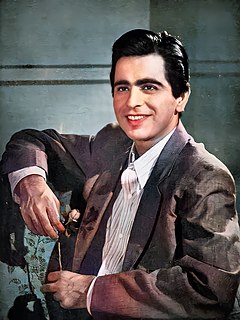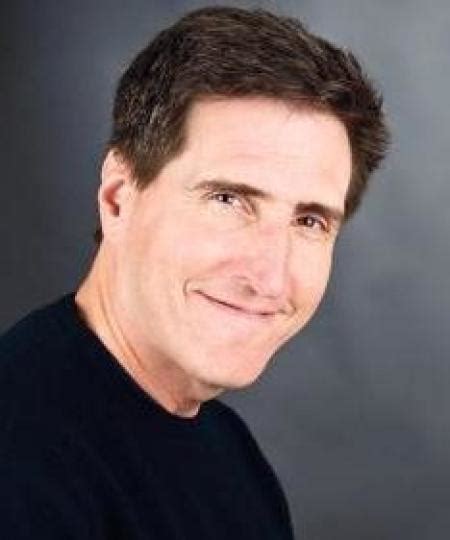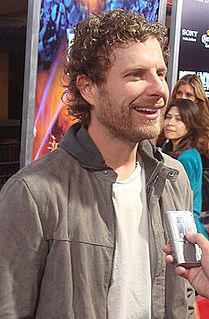A Quote by Joanne Harris
I sublimate different parts of my personality through my characters. Which is worrying, as some of them can be a bit nasty. I'm pleased the stuff on the page isn't inside me any more.
Related Quotes
I work sometimes from outlines, which are immediately abandoned. Sometimes, when I'm trying to find the characters, I'll sketch things out a bit. Sometimes, outlines help me aim a little bit, but I tend to find it's usually much more interesting, especially with the first draft, to spew it onto the page. I used to get very nervous that, if I write this first rough draft and I die that night, whoever finds it might think that I thought it was good. For me, it's much more important to get some general shape onto the page and later take all the time I need to refine it, fix it, and rewrite it.
I don't like the strictly objective viewpoint [in which all of the characters' actions are described in the third person, but we never hear what any of them are thinking.] Which is much more of a cinematic technique. Something written in third person objective is what the camera sees. Because unless you're doing a voiceover, which is tremendously clumsy, you can't hear the ideas of characters. For that, we depend on subtle clues that the directors put in and that the actors supply. I can actually write, "'Yes you can trust me,' he lied." [But it's better to get inside the characters' heads.]
I like to go on stage with a variety, with some stuff that's been around for a handful of years, some stuff from the last year, some stuff is from last week, and some stuff is brand spanking new. Those are the moments that excite me - when I'm coming up to a brand new bit. The more virgin the snow, the more fun it is to run on.
If it bothers me on the page, I don't do it. If it attracts me on the page and moves me, makes me think a bit, makes me laugh, makes me cry, I'm interested in it. If it's there on the page, it means it's there and up to me to bring it out. I have done some films along the way that have been screwed up and not as good as they read. Some films that are not that good on the page turn into good movies. So I'm fallible is what I'm saying.
For me, there's a bad year of getting started on something. You write bad stuff and it's awkward to throw it out, and you wait around to get some good ideas that maybe do come or don't come. Until eventually you get the voice and autonomy of the characters, the characters have personality, and they sort of pick up the weight and put it on their shoulders. That's when it becomes a little more fun.
If you have the personalities down, you understand them and identify with them; you can stick them in any situation and have a pretty good idea of how they're going to respond. Then it's just a matter of sanding and polishing up the jokes. But if you've got more ambiguous characters or stock stereotypes, the plastic comes through and they don't work as well. These two characters clicked for me almost immediately and I feel very comfortable working with them.
There are more similarities than differences when it comes to preparation of a performance. You're using some lyrics, you have a relationship with them, they apply to different parts of your life and different circumstances, different memories, different stories you have in your head. You form personal relationships with the song. I think that's very similar, in a way, to prepping a character. You pour your own personality, in a sense, into the character, you sympathize with a character in a way that's similar to the way you might sympathize with a song.
I love playing different characters. I just do. I want to play even more quirky and interesting characters and just something that people wouldn't automatically think that I would be. I want to go against the grain a bit and I'm hoping people will be open-minded enough to cast me in stuff that's going against the grain.



































